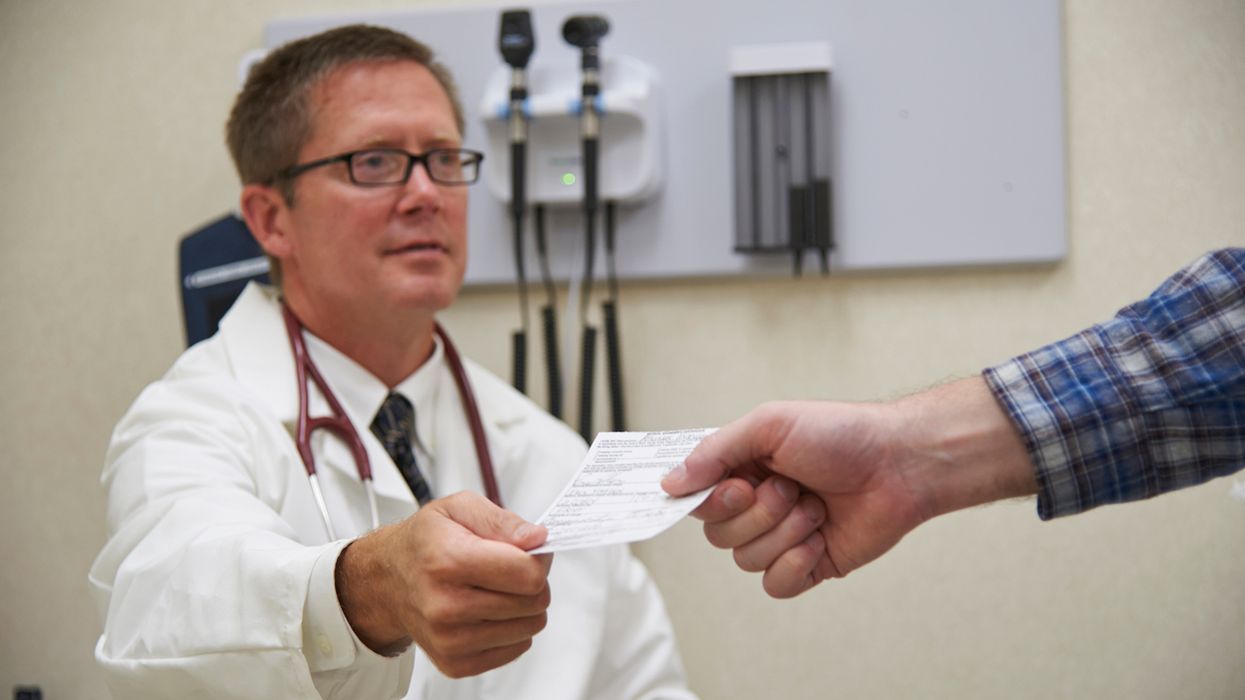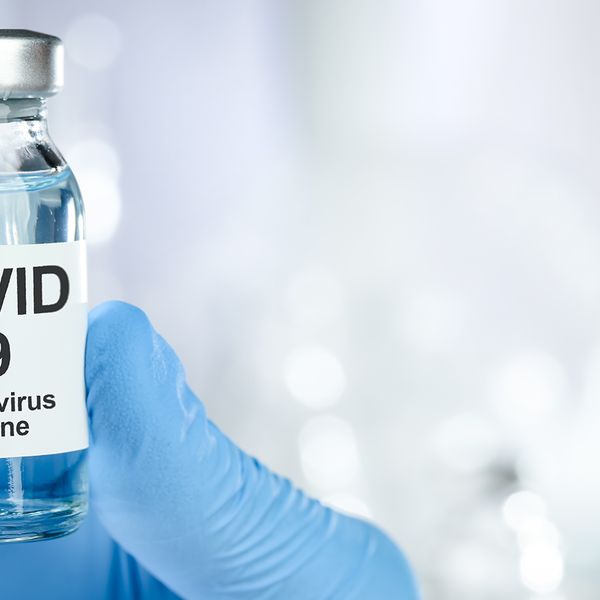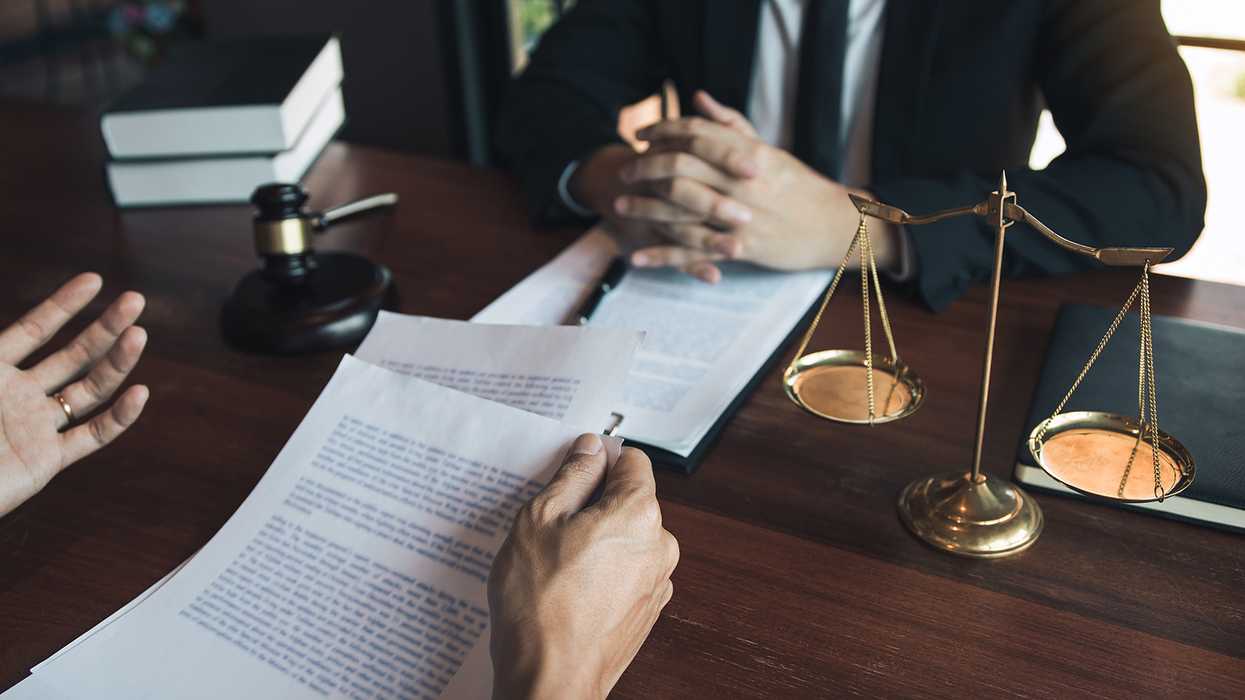5 ways to spot fake COVID vaccination cards
Now that the Pfizer COVID vaccine has achieved full Food and Drug Administration (FDA) approval, more employers might mandate that their employees get vaccinated. With an increase in such mandates, and an already growing black market for bogus COVID-19 vaccination cards, employers may run into such fraudulent cards. Adding fuel to the fake card industry, some businesses are mandating that customers be vaccinated for access to events and services.
The real vaccine cards are not high tech, so recreating a fake one could be a fairly simple task for someone with the right skills and tools.
Creating a fraudulent document featuring the seal of an official government agency, however, is a federal crime that is punishable with a fine (up to $250,000) and a maximum of five years in prison. The vaccination card often includes the seal of the U.S. Department of Health and Human Services and the Centers for Disease Control and Prevention (CDC).
On August 13, U.S. Customs and Border Protection revealed that officers working at the port of Memphis seize hundreds of counterfeit COVID-19 cards every night.
What to look for
When reviewing vaccination cards some details to look for include the following:
- Check that all information fields are filled out and that the date of the person’s supposed inoculation aligns with when the specific vaccine was approved by the CDC. The card should include all the following information: product name, date of dose(s), vaccine lot number, patient’s date of birth, the clinic/location or medical provider’s name, and possibly a reference number.
- Cards that are fully printed can be a red flag, as most vaccine providers around the country seem to fill in the patient’s information by hand.
- Since the two doses of the Moderna and Pfizer vaccines are distributed weeks apart, the shots are often administered by different people. Be cautious if the handwriting for both fields is the same.
- If the card has the CDC and/or HHS symbol, check to see if it looks like it has been altered or somehow changed.
- If the card is a non-standard CDC card, on thin paper, or with tell-tall border cut by scissors, call the facility that issued it to verify.
The vaccination center that delivered the shot stored the inoculation information in a database. This is generally true for other vaccines, as well. Employers may, therefore, verify the shot with the database. Scammers, however, are taking this as an opportunity and now sell their ability to enter someone into one of these databases to "prove" inoculation.
So, spotting a fake card isn’t easy or foolproof, but if you do spot one, you can apply your company policies regarding fraud. You can also report it to the Office of the Inspector General of the Department of Health and Human Services at 1-800-HHS-TIPS or oig.hhs.gov, or file a complaint with the FBI’s Internet Crime Complaint Center. You can also file a report with the FTC at ReportFraud.ftc.gov.





















































